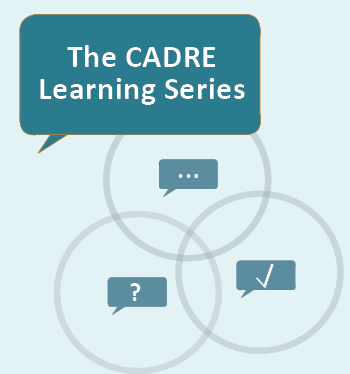Creating Inclusive PreK–12 STEM Learning Environments
 Broadening participation in PreK–12 STEM provides ALL students with STEM learning experiences that can prepare them for civic life and the workforce.
Broadening participation in PreK–12 STEM provides ALL students with STEM learning experiences that can prepare them for civic life and the workforce.
This brief offers insights from National Science Foundation-supported research for education leaders and policymakers who are broadening participation in science, technology, engineering, and/or mathematics (STEM). Many of these insights confirm knowledge that has been reported in research literature; however, some offer a different perspective on familiar challenges.
